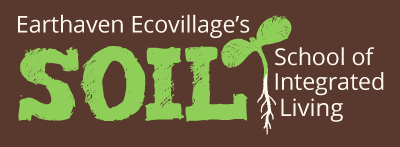Decolonizing Permaculture
Exploring the Permaculture Principles through an Equity Lens
Saturdays, May 22 – June 19
11am – 1pm Eastern Time
Online
As a community steeped in the ecological design model known as Permaculture, Earthaven is taking a good long look at the ways in which the “Earth Care, People Care, Fair Share” movement has fallen short on the inclusion of black and brown voices, on addressing systemic injustices, on acknowledging where most land-based wisdom has originated. At the same time, the permaculture principles carry important messages that encourage us towards right-awareness, right-relationship, and right-consciousness with both the human and more-than-human world.
Join us on this exploration of both the celebrations and the challenges of permaculture as seen through the lens of three “marginalized” voices. We’ll explore how the concepts of colonization, power-over, and dominator thinking have pervaded modern culture and offer suggestions about how to move towards a more holistic, equitable, integrated, and life-centered mindset.
The course will address the first four permaculture principles through the framework of African land-based wisdom, ᏣᎳᎩ (Cherokee) earth-based (non-European) language, and the common uses at Earthaven Ecovillage. We’ll also discuss how to use these principles to transform ourselves, our values, our behaviors, our projects, and our society by interpreting them through a decolonized lens.
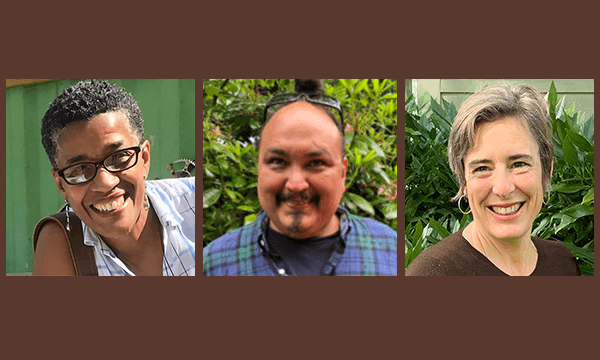
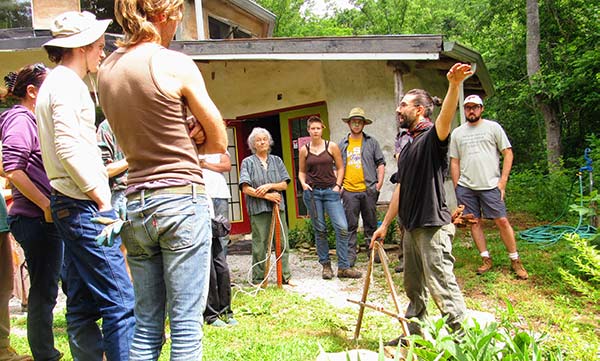
Program
This workshop has five two-hour sessions. Each session runs from 11 am to 1 pm on these days:
- May 22: Decolonizing Permaculture Overview
- May 29: Principle 1: Observe and Interact
- June 5: Principle 2: Catch and Store Energy
- June 12: Principle 3: Obtain a yield
- June 19: Principle 4: Apply self-regulation and feedback
This is an introductory level workshop. All participants are welcome. No previous permaculture experience is necessary to attend.
Scholarships
We offer partial scholarships (50% off) to black, indigenous and people of color (BIPOC) who otherwise would not be able to afford to attend. We understand that BIPOC experience more financial and institutional barriers to participation, and this is one way we are able to create more access.
For this program, there will be no barriers to entry for people who identify as BIPOC.
If you identify as BIPOC and would like to receive a full or partial scholarship, please contact us at [email protected].
Refund Policy
If you cancel, you may:
- Donate your tuition to support our continued work
- Request a refund per our policy:
- 90% refund for cancellations prior to 30 days before the start of the program
- 50% refund for cancellations prior to 10 days before the start of the program
If SOIL cancels this class for any reason whatsoever, you would receive a 100% refund.
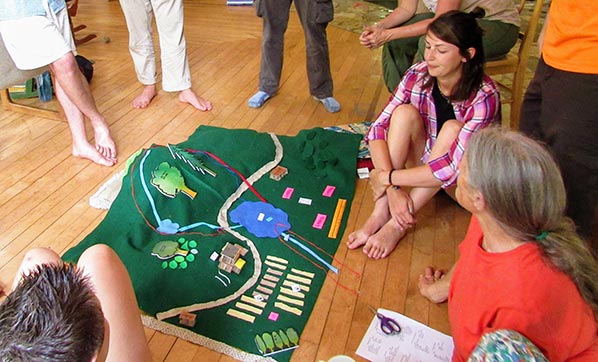
Cost
Tuition Sliding Scale: $120-240
What’s Included
Tuition includes instruction and lifetime access to the class recordings.
Sliding Scale Tuition
Because some people have more financial means than others, we have created a sliding scale fee system to accommodate a range of economic realities. The middle of the scale reflects the value we believe the program holds and the low-end offers a more accessible entry point.
By choosing a higher price point, you are helping make the program more accessible to others for whom the low-end may be cost-prohibitive. Please consider your needs and resources to determine what might be a stretch, but not a strain.
About the Instructors
Faculty Amakiasu has been an educator for over 30 years. She served as garden educator and camp director at the Truly Living Well Center for Urban Agriculture for eight years. She is now focusing on her writing and on EarthShine, a business that exposes children and teens to the wonders of the natural world. EarthShine also includes her Eco-Hood Design-and-Build Project along with Soulstice, which introduces young folks to careers they’ve never heard of.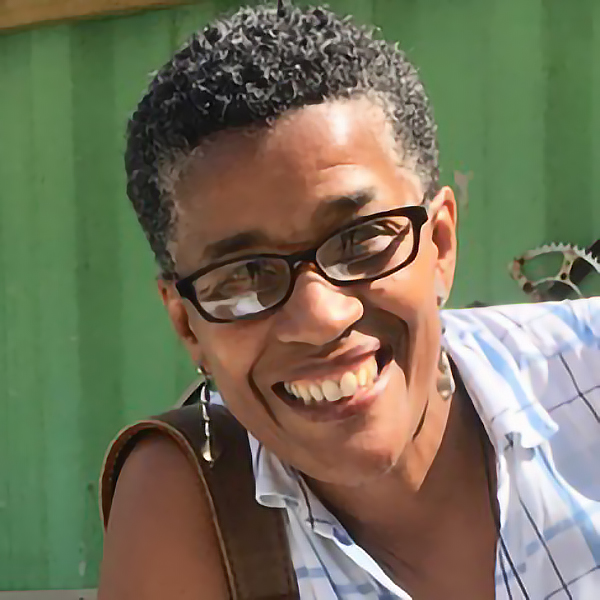
Amakiasu Turpin-Howze
Faculty Tyson is a two-hearted and two-spirited person descended from the local indigenous matriarchy called the ᎠᏂᎩᎶᎯ (A-ni-gi-lo-hi) based here in their aboriginal territory most commonly known as the Great Smoky Mountainsides. Currently, Tyson is cultivating an apothecary for ethnobotanical accessibility and developing a broader collective to support traditional ecological knowledge.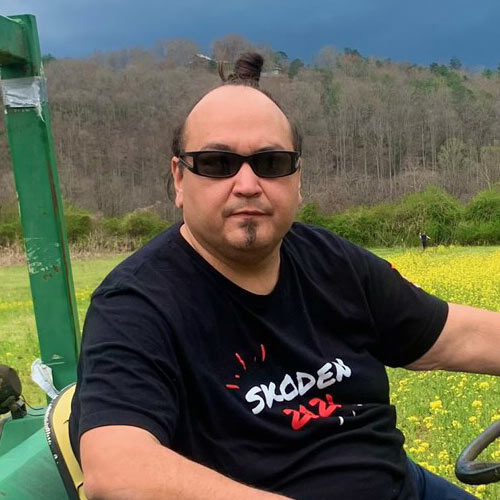
Tyson Sampson
Faculty and SOIL Co-Founder Lee is a sustainability professional with twenty five years of experience envisioning, designing, and living innovative solutions to organic food systems, intentional community, and sustainability education. She’s been living in rural, land-based community since 1995 and at Earthaven Ecovillage since 2000. 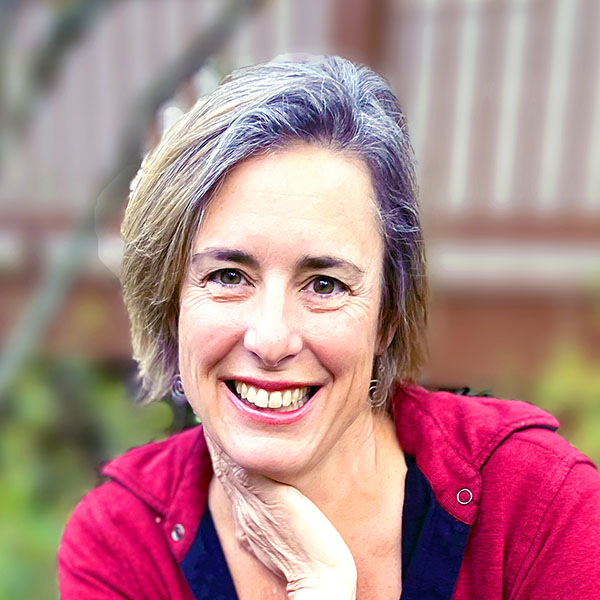
Lee Warren
